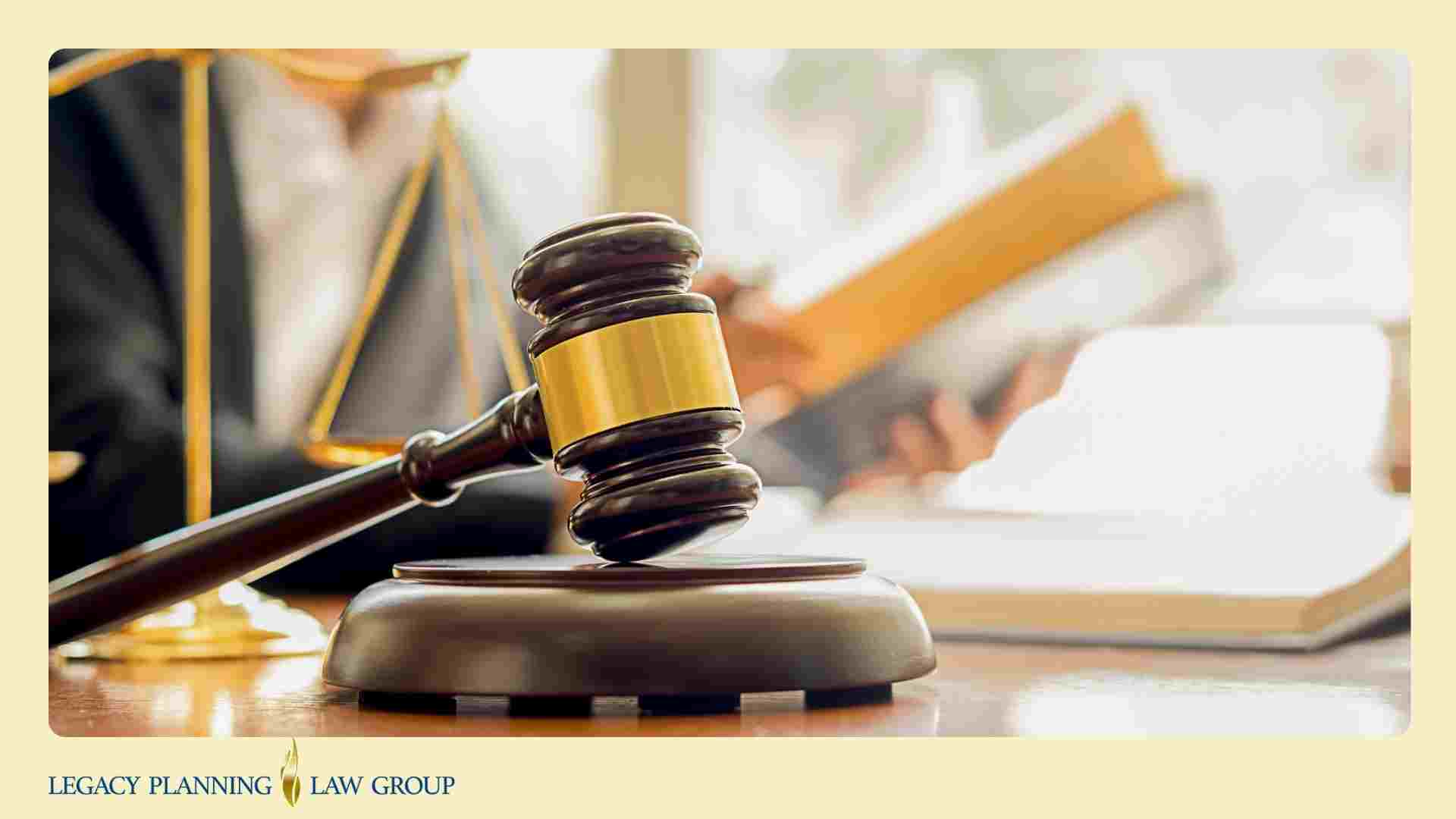
In recent years the use of TOD (transfer on death) or POD (payable on death) accounts has proliferated, leading many to ask why they should bother working with an attorney to prepare a revocable trust. After all, why do you need a trust if you can just use payable-on-death or transfer-on-death accounts to avoid the probate process when someone dies?
A TOD account allows the account holder to name a beneficiary on a non-retirement financial account to receive assets at the time of the account holder’s death, thereby (generally – i.e., when used correctly) avoiding probate. A TOD account generally handles distributing stocks, brokerage accounts or bonds to the named beneficiary when the account holder dies.
A POD account is similar to a TOD account except that it handles a person’s bank assets (cash), instead of securities.
Both TOD and POD accounts are quick and dirty ways of avoiding probate, which can be slow, expensive, public and possibly messy. Financial institutions offer TOD and POD at their discretion. But, almost all major brokerage houses and investment houses now have these types of accounts, as well as most banks for standard bank accounts. Many even allow you name such a beneficiary easily online.
Probate avoidance. As mentioned, TOD and POD accounts avoid the probate process by naming a beneficiary or beneficiaries to receive the asset directly when the account owner dies. They distribute assets quickly and (usually) seamlessly to the intended beneficiary when the account owner dies.
When someone passes away, there can be creditors, expenses of administering the decedent’s estate, and taxes owed. The person or persons responsible for administering the decedent’s estate are typically empowered under the law to seek contributions from the POD and TOD beneficiaries to pay those debts, expenses, and taxes. If the beneficiaries do not voluntarily contribute, then there may be no choice but to file a lawsuit to obtain the contributions.
In addition to the beneficiary choosing not to contribute, the beneficiary may have spent those assets, have other circumstances, such as involvement in a lawsuit or a divorce, that will complicate turning over those assets, be a minor or otherwise legally incompetent, or be the recipient of government benefits. All of these circumstances will cause complications.
A trust allows you to plan for incapacity. If the creator of the trust becomes incapacitated, a successor or co-trustee can take over managing the account for the benefit of the creator. With a POD or TOD account, a durable power of attorney would be needed to have another person handle the account. Many times, financial institutions can be reluctant to accept powers of attorney, for example, if the documents are old or do not have the appropriate language.
A trust allows you to plan for your beneficiaries. If your beneficiaries are minors, have special needs, have creditor issues, or have mental health or substance abuse issues, trusts can hold and manage assets over a period of time and protect those assets for the beneficiary’s use. Inheritances can also be managed over long periods of time with a trust. You can also name individuals to receive any remaining assets when the original beneficiary passes.
Revocable trusts hold the assets after the death of the creator of the trust and use those assets to first pay any debts, expenses, or taxes, thereby negating the need to ask for contribution from direct beneficiaries.
While in some cases POD and TOD accounts can be appropriate for probate avoidance, their limitations at addressing other issues can cause many individuals to opt for a revocable trust. Speak with an estate planner to determine what is best for you and your family.
Read more realted articles here:
Also, read one of our previous Blogs at:
Click here to check out our On Demand Video about Estate Planning.
Click here for a short informative video from our own Attorney Bill O’Leary.

Avoiding probate delays can save your loved ones time, stress, and money. Learn three effective strategies to protect your estate: create a revocable living trust, designate beneficiaries, and hold property jointly with right of survivorship.

Planning your estate as a single person without close relatives ensures your wishes are honored. Learn the essential steps to secure your legacy including choosing trusted decision-makers, creating a will and trusts, and pre-planning your funeral.

A comprehensive estate plan should include healthcare directives like a Healthcare Power of Attorney, living will, and HIPAA authorization. These documents ensure your medical wishes are respected, protect assets, and guide loved ones during critical healthcare decisions. Regular updates and professional guidance are essential.